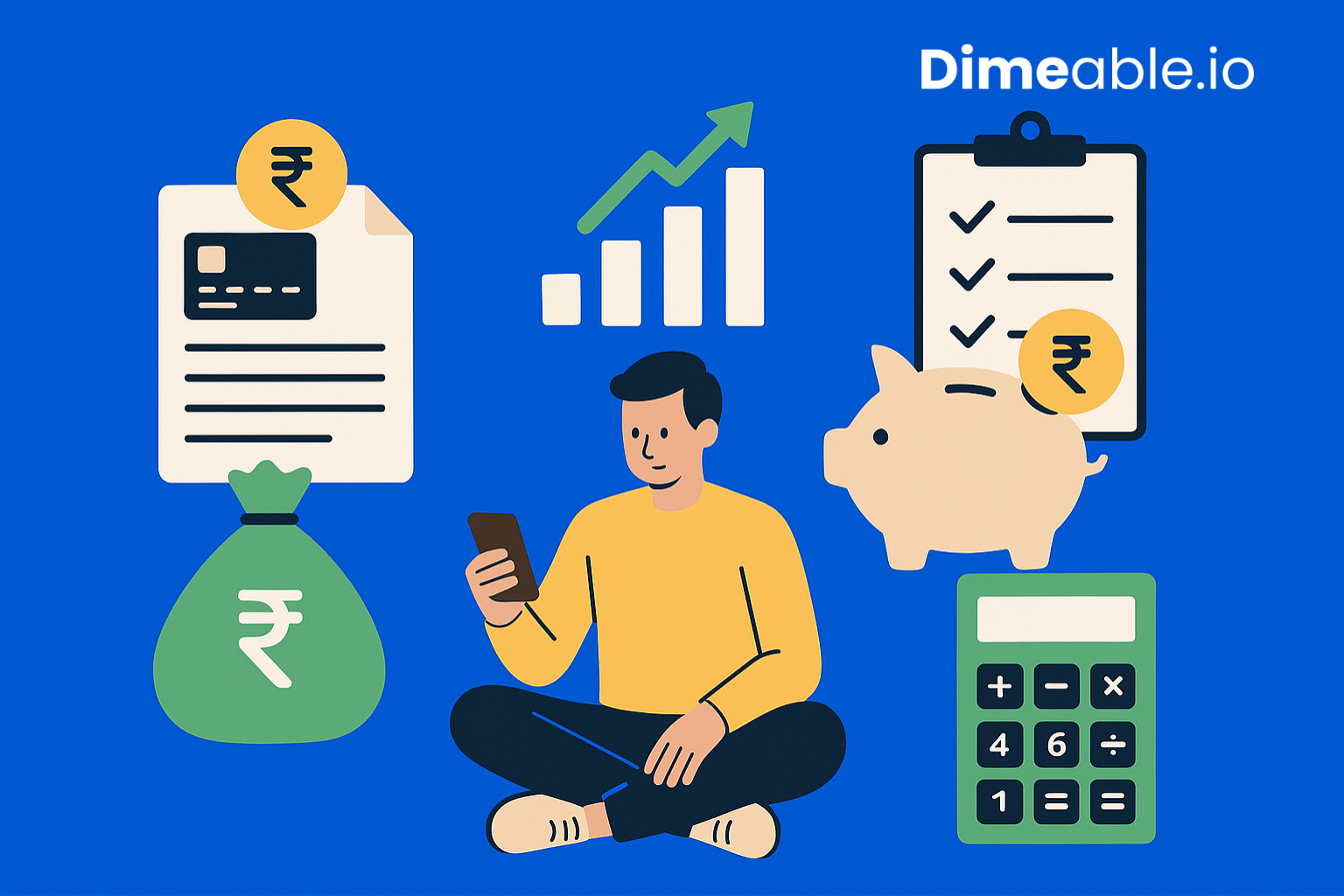A credit card allows you to borrow money from a bank or issuer to make purchases. Instead of using your own funds immediately, the issuer covers the cost. Then, you repay the issuer later. Here’s how it works step-by-step:
- Purchasing: You can use the card online or in stores. After you initiate a transaction, the details are sent to the issuer for approval.
- Authorization: The issuer checks your available credit and account status, approving or declining the transaction based on that.
- Billing: Every month, you receive a statement that shows your spending, total balance, and the due date for payment.
- Payment: You can either pay the entire balance or just the minimum amount. If you don’t pay the full amount, the remaining balance will accrue interest, adding to your debt.
Key Credit Card Features
- Credit Limit: This is the maximum amount you’re allowed to spend on the card. The issuer determines it based on your credit history and financial standing.
- Billing Cycle: Credit cards work on a monthly billing cycle. All transactions during this period are recorded and reported in your statement.
- Interest-Free Period: Most credit cards offer a grace period of 20-50 days during which no interest is charged if you pay off the full balance.
- Rewards: Many credit cards offer perks, such as cashback, discounts, or points that can be redeemed for travel or products.
Fees and Charges
- Annual Fee: Some cards charge an annual fee, though many waive it for the first year or under certain conditions.
- Late Payment Fee: If you miss a payment, a late fee is added. Consistently missing payments will also harm your credit score.
- Interest: If you carry a balance from month to month, you will be charged interest on the unpaid amount, which can accumulate quickly.
Managing Your Credit Card
To manage your credit card effectively, follow these tips:
- Pay on Time: Always pay at least the minimum by the due date to avoid late fees and maintain a good credit score.
- Pay in Full: Whenever possible, pay off the entire balance to avoid interest charges.
- Monitor Credit Utilization: Keep your credit card spending under 30% of your limit to maintain a healthy credit score.
Frequently Asked Questions
What is a credit card in simple terms?
It allows you to borrow money for purchases, and you must repay it later to avoid interest charges.
How does credit card interest work?
Interest is applied to the remaining balance if you don’t pay the full amount by the due date.
What are the advantages of using a credit card?
They offer convenience, rewards, fraud protection, and help build your credit history.
Can I withdraw cash from a credit card?
Yes, but it comes with high fees and interest, so it’s best to avoid cash advances.
What happens if I miss a payment?
You will incur late fees, and your credit score will suffer. Additionally, your interest rate may increase.
Read : Can You Buy Crypto with a Credit Card? A Complete Guide


Pingback: Credit Rating Agencies in India - Dimeable
Pingback: Can You Buy Crypto with a Credit Card? - Dimeable